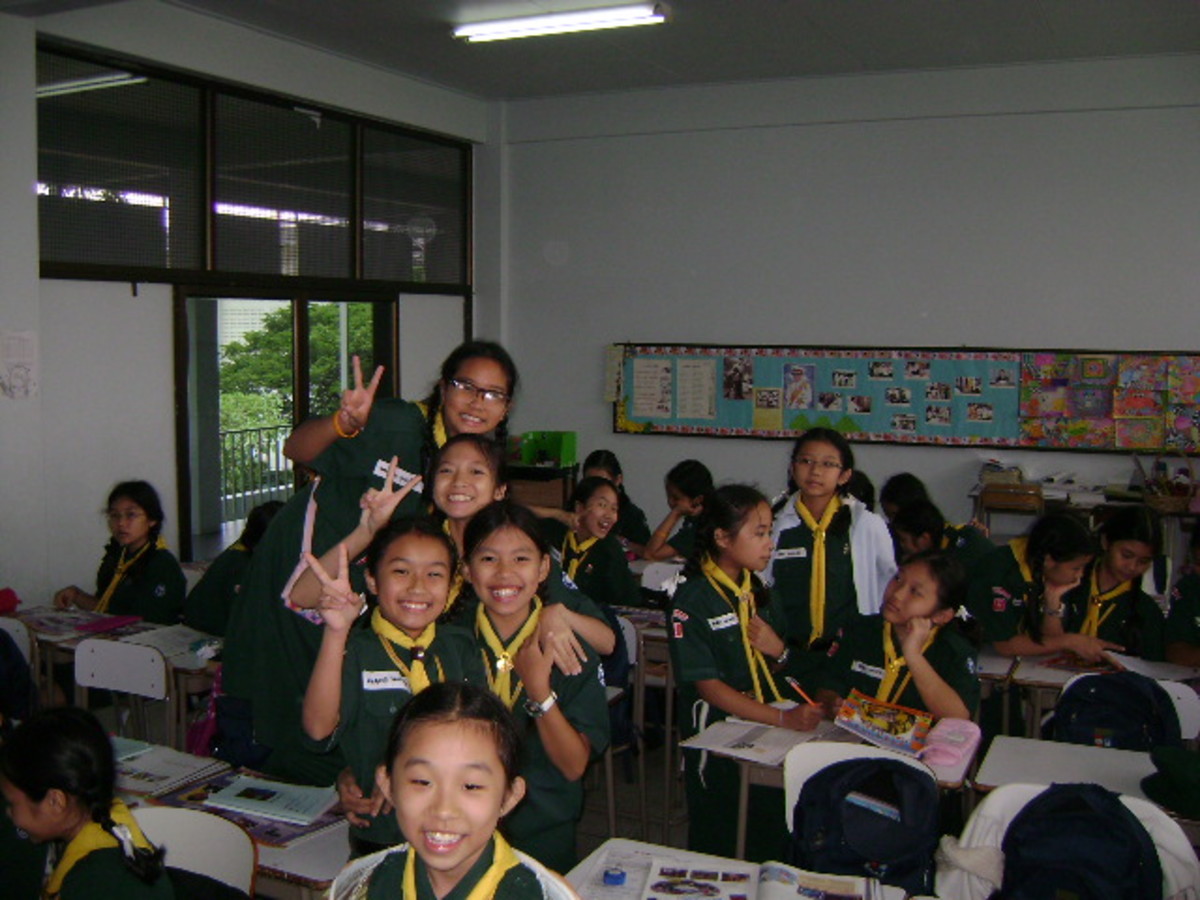How Teachers should Teach Writing

Current Changes in Teaching Writing
Globally, the learning of a language has the objective of assisting learners to obtain access to technical, educational, and professional opportunities. An acknowledged fact is that for communication to be meaningful, persons utilize incremental language skills in tandem rather than isolation.
In order for a person to engage and contribute to a conversation, whether orally or in writing, the person is required to have the capacity of both speaking and comprehending at the same time. Thus, in order to ensure that the teaching of a language is as realistic as desired, the instructions given should simultaneously address an array of skills all requisite for communication.
Modern Day Approaches to Teaching Writing
The current approaches to teaching of writing of young scholars stipulate that they need to attain the proficiency, which is fundamental in spelling, letter and word recognition and then focus on syntactic parsing of phrases, morphemes, and sentences. In later stages of teaching, complexity emerges through emotive and personal writing. The complexities advance to school-based writing that undergoes integration with reading, grammar, and vocabulary learning.
How should Writing be Taught?
In order to improve the overall quality of language prose, instruction given in writing, vocabulary and grammar should be carried out together with the instructions that are content-based, reading and form focused. They complement each other. For example, text analysis skills obtained from reading of content is useful during teaching of contextualized vocabulary and usage of various grammar structures.
The teaching should also address the various features of the written register. This is by enlightening the scholars on the language variability because of different situations, for instance, news reports, email messaging, or writing in academic prose. All these have their attendant linguistic and discourse features.
The Systemic Functional Linguistics and Genre Theory
The systemic functional linguistics and genre theory second this approach. It scrutinizes the utilization of language in texts written with particular purposes in mind such as academic and others of a specific nature. The basis of writing, uniquely to a genre, enables scholars examine academic discourse whilst reading and thus produce writings that are adherent to socio-cultural norms of a genre.
Modern Teaching vs Traditional Teaching
Current teaching mechanisms differ from the traditional ones with various features. They focus on the actual writing process, and the teachers intervene during the writing process to give direction and enable scholars generate content and discover purpose. There is a huge basis on rhetoric with the avid featuring of audiences, purposes, and occasions during assignments of writings.
These modes are beneficial to persons who view writing as a holistic activity entailing intuitive, rational, and non-rational features. They rely on other disciplines such as cognitive linguistics and psychology and are based on research during the composing process. There is also a misconception that those who teach writing should be writers.
What Teaching Should Involve
First, teaching should focus on both the process and the content. Previous attention has been on content knowledge, but the standards stress on the importance of student discovery. They should not focus on filling the scholars' minds with content, but also on the provision of opportunities in which they discover information on their own.
Education is enhanced when scholars are able to relate new terminologies and facts to their own experiences as they develop a flexible understanding of the issues at hand. Scholars should carry out extensive practice with simultaneous short but focused research projects in accordance with the standards.
The Importance of Discussions as a Part of Teaching
The instructors and teachers should lead discussions that are both high-level and text-based ones. For instance, a teacher may request students to discuss a topic in groups and make responses to it. The topic in question should be in text and as the scholars submit their responses, they should refer to the text. This will enable meeting of the standards' requirements that students should demonstrate such as a careful understanding of what they read and what is required of them prior to engagement of their interpretations and opinions.
In order to ensure that students participate fully and effectively in the discussions and develop the critical thinking skill, they should be asked to set goals prior to the discussion. The goals may be based on the minimal number of times they will speak or ask questions. After a discussion, the instructor should direct the scholars to assess their performance and their skills in holding high-level discussions.
Teaching: Arguments vs Persuasion
Lastly, the teachers should, in accordance with the standards, teach and employ argument in preference to persuasion. Whilst persuasion appeals to a person's emotions, an argument appeals to their logic and reason. The former utilizes suitable referencing and name calling in order to direct a person's train of thought, whereas the latter utilizes thesis and evidence in topics.
For example, instead of requiring a scholar to persuade an individual to attend lessons, it is more prudent to have the scholar develop a research-based argument on the importance of lesson attendance.
Teaching and Keeping Up with the Times
Teaching of the art of writing has evolved through the times. Newer methods are developing and those in place undergoing modification. The intent is to ensure effective learning by the scholar. Teachers should take all these in their stride as they instruct their students, as writing is a core element in communication across the scope.








